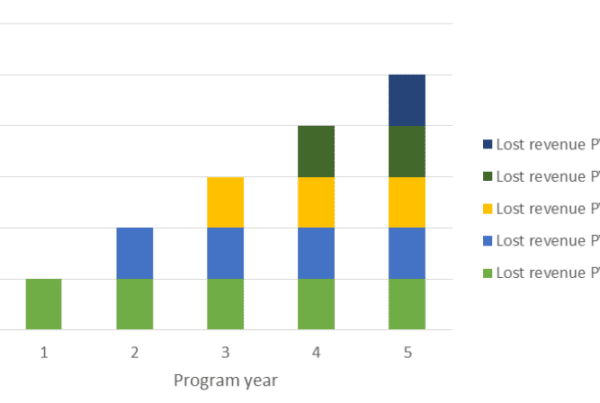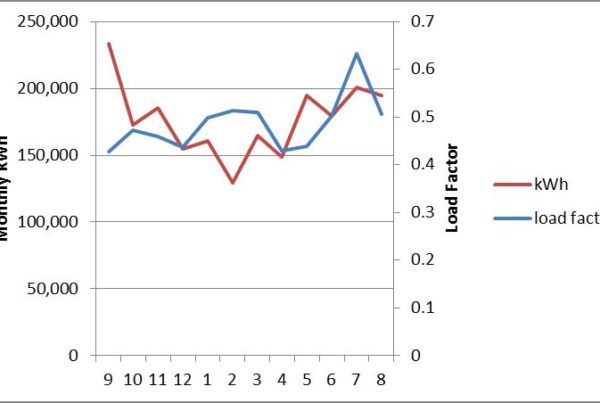Now that I’m an old man, defined as being over 40 years of age, career half over, graduated from college 20 years ago, kids of classmates are graduating from high school, kids born when I was partying in college are graduating from college, and other depressing facts, I can say experience in anything can be almost worthless and in some cases, it is worth less than nothing.
At Michaels, we have interfaced with engineers, particularly ones who were in sales and it was stunning how little they knew about buildings, control systems and how equipment and systems use energy. It reminds me of when I was a kid; I would sit in wonderment about how automobiles were manufactured. How do they make that dashboard, the top of which was a large as a kitchen table? How do they make the thin auto body pieces parts? It was like rocket science to me. There must be some magic computer like Hal that made all this stuff happen. I have to wonder whether this is the case with some “energy engineers”.
Likewise, these guys who had been in their industry for many years and were suddenly recruited into the energy efficiency business seem to think energy savings is some nebulous, random, stab in the dark. In former lives they may have served as experts for their companies but anyone who could spout off the dimensions of a two square inch square would be viewed as Einstein. For purposes of energy analyses, the savings equal the cost of what they were selling divided by the maximum acceptable payback for the customer. (It takes somebody with 5 years of post k-12 education to do this?)
For one such real guy, the baseline, or the existing conditions are arbitrary. That’s just the way it is. When asked what the operating conditions were prior to implementation of the project, the response, “what do you think they should be?” Head, meet brick wall.
In other cases, an engineer may seem to know an energy model (spreadsheet) is not meant to be used for the specific application of the technology, say a variable frequency drive, but they use it anyway because that’s all there is for variable frequency drives. Everything is a nail as seen by the hammer. Meanwhile, I’ve seen new graduates come in and almost immediately run circles around guys with three or more years of experience.
So what does it take to be a great energy efficiency engineer (or occupation x)? First it takes commitment to excellence, which sounds like a bunch of crap, but what I mean is the engineer does not accept anything he/she doesn’t fully and deeply understand. If results look weird, they have to find out exactly what is going on. Is it an error or is it some unforeseen, non-intuitive characteristic that is driving the results to be different than expected. This trait is absolutely essential. And they know when enough is enough. One can’t spend hours finding a half dozen “errors” that have negligible effect on a complex energy model.
A non-essential but very helpful aspect is having strong mentoring and being surrounded by knowledgeable engineers who know what they are doing and conform to the above themselves.
Recently while writing a proposal for a large EE program evaluation, the minimum experience requirement for key team members, constituting maybe three or four main actors directly responsible for the outcomes, was five years direct experience in evaluation. Surprisingly, I would probably pick about the same number. A new grad can learn a heck of a lot in a year or two and by year three or four be running some good size projects. Not so ironically, this is about the time engineers become eligible for licensure.
Does this mean anyone over 40 should get their afghan and find a rocker and sit on the porch all day talking about AM radios, eight track tapes, VCRs, and never getting out of school for anything short of six feet of snow (almost true by the way)? Some folks probably should but in other cases, the answer is, of course not. Talented old people were once smart 20-somethings. I’ve never come across anyone who didn’t have it in the 20s but later found it in their 30s or 40s.
Experience is not enough. Firms need to demonstrate they know what they are doing with work examples, references for similar work, and lists of clients and how long they have been clients. For many cases with big projects, one needs to describe the difficulties and challenges of the project and how they will be overcome. That takes experience.




